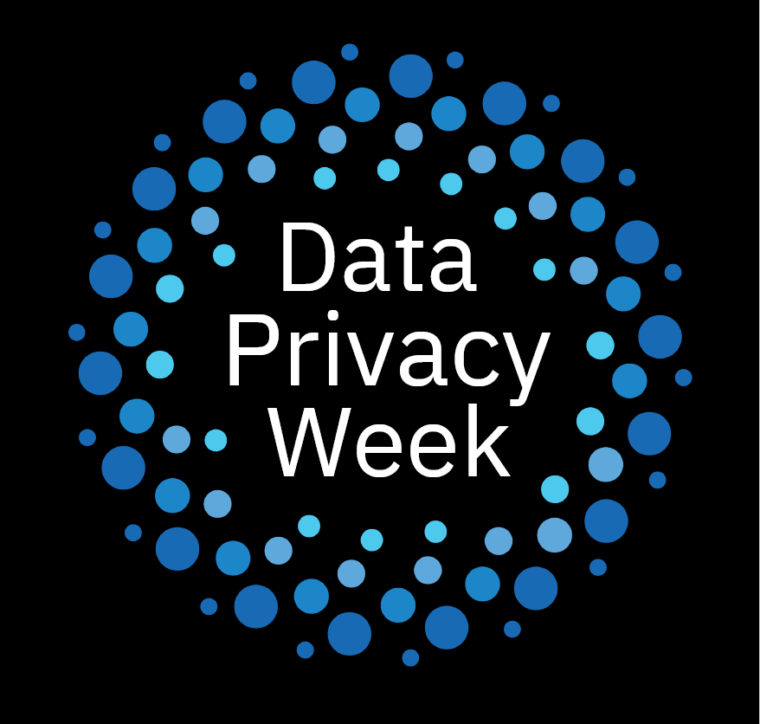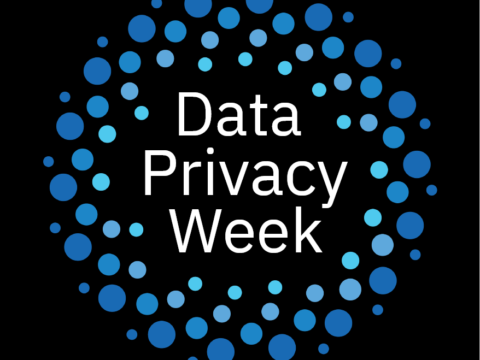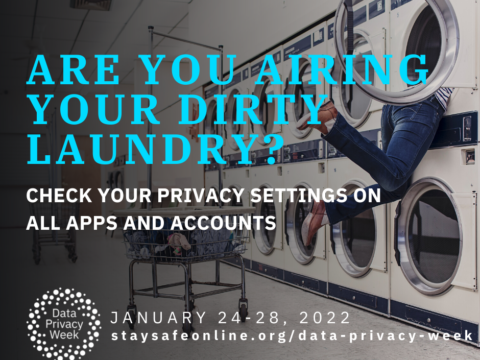Spring cleaning, while not as popular a phrase these days, is still a thing, whether we call it that or not, and no matter the time of year. Spring is just a natural time to start fresh. Temperatures rise, there are so many things on our to-do list that we certainly did not want to do during the winter, and we all sigh in relief for the newness of it all. While cleaning up that yard waste, de-cluttering the garage, and tackling those waiting projects are all fine, what I want to discuss in this second and final article for Data Privacy Week is de-cluttering your digital life.
If you are like me, you have dozens of accounts scattered across dozens of sites and servers. You have subscribed to mailing lists that keep you informed on your favorite topics, or, for the less geekier, you are subscribed to YouTube channels or follow certain Instagram, Twitter or <shudder> TikTok accounts that you like. It helps to take a step back from all of these sources of information and entertainment and consider which ones are still interesting or entertaining. It is also helpful to consider the last time you logged in to a given site. Do you still want or need that information or resource? Is that channel or influencer still entertaining or pertinent to your life?
If you answered “no” to either of those questions, then you are on your way to cleaning up your online digital presence, which, in turn, can decrease the chance that sensitive information about you is exposed in a data breach. According to Cyber Security Hub, there were more than 4100 publicly disclosed data breaches in 2021, exposing over 22 billion records. The expectation is that the figures for 2022 will increase by at least five percent. Take note that this is the publicly disclosed breaches, not ALL breaches.
Why leave your information “out there”? Why keep burning time and screen space on channels you don’t enjoy? Why leave an account open on a site you never use anymore? Take some time to simplify and secure your life by closing accounts you don’t use, unsubscribing from channels you don’t watch, and making sure that in the process of closing accounts you mark your data to be removed or deleted from the site. Not all sites have a mechanism to do this, but more and more do in response to privacy legislation. Once you close those accounts, you can delete that entry from your password manager. You are using a password manager, right? If not, head over to the password manager Quick Info page on this site, read up on how to use one, review the information about some of the various options, pick one, and use it.
It may take a while to do it, but cleaning up your digital life will be worth it, both in reducing clutter and decreasing the chance of your information being exposed in a data breach. And you can do this cleaning any time of the year.
Thanks for reading this article about Data Privacy Week, and if you missed the first article, you can click here to go read it.

 Data Privacy Week – Pre-Spring Cleaning Challenge
Data Privacy Week – Pre-Spring Cleaning Challenge


 Welcome to Data Privacy Week 2022!
Welcome to Data Privacy Week 2022!